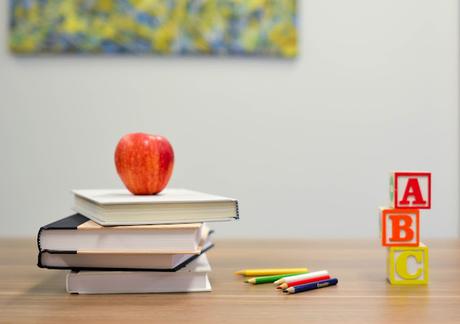
The summer is typically worry-free, especially health-wise. Most home environments are clean and safe, and children do not venture too far from the house or their parents, meaning environmental control is easier. Unfortunately, the new school year brings an increased risk of exposure to illnesses and health risks.
The risks are nothing new for parents and children; they are typical of increased exposure to outside elements, such as more children, public buildings, etc. Unfortunately, there is no quick remedy for exposure like there is medication for ADHD and anxiety in adults. The remedy for illness prevention is more focused on commitment to good habits.
How To Avoid Your Child Getting Sick From School
Aside from worries about ADHD symptoms in teens or behavioral challenges, parents worry about their child's health, and rightfully so. Schools inevitably increase the risks of illness for your little ones. While there are no surefire ways to eliminate all exposure risks, there are a few things you can do to reduce them.
1. Get Vaccinations
Despite the anti-vax crowds spreading rumors about the safety and efficacy of vaccines, vaccinations are the best defense against known health risks. Also, vaccines are safe. Check with your child's doctor to learn more about their vaccine schedule and what shots are necessary.
2. Set a Sleep-Wake Schedule
Adequate sleep is essential to better health. Children need between nine and 12 hours of sleep every night. If your child needs to be up by 7 am, they should go to bed around 7 pm or 10 pm at the latest.
It is best to stick to predictable bed and wake times. Sticking to a routine forms habits, making it easier for your child to get up in the morning and relax in the evening.
3. Eat a Balanced Diet
A balanced and healthy diet will ensure your children get all the essential vitamins and nutrients they need. Proper nutrition can help maintain proper order and function within the body, which means proper immune function.
4. Practice Good Hygiene
Make sure to teach your child good hygiene practices. They should know how to bathe, wash their hands, brush their teeth, etc. When going to school, your child should know to avoid touching their face, especially after play or public interactions and before washing their hands.
Little ones will also need to learn how to wash their hands and for how long. You can find children's songs to help teach hygiene lessons.
5. Limit Stress
Going to school, especially starting back to school, can cause stress. You want to do everything possible to relieve and avoid stress because it can make your child sick.
Practice mindfulness. Also, try getting your child used to school routines by practicing drop-offs or touring the new school and classroom a few weeks before school begins.
6. Adhere To Healthcare Checkups
Your child needs regular healthcare checkups. Talk to their pediatrician to learn more about checkup schedules.
Monitoring Your Child's Mental Health
Many little ones can experience mental health struggles, such as OCD irritability. As a parent, pay attention to your child's behavior in social environments and have open conversations about mental wellbeing.
Do you have concerns about your child's health returning to school? Contact their pediatrician to discuss your concerns.
If you enjoy my blog, please consider following me on Bloglovin'